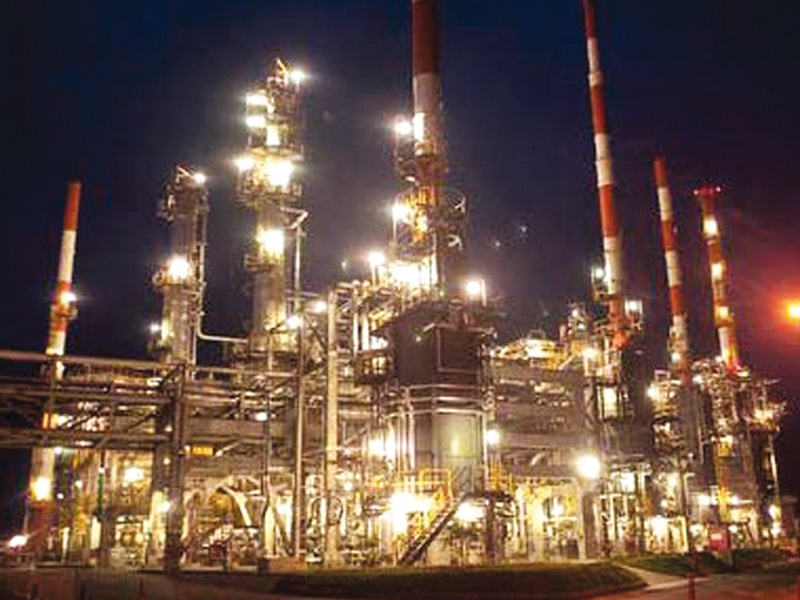
It was the single largest foreign direct investment in Pakistan. At $6 billion, the 250,000-barrel per day (bpd) Khalifa Point Refinery would have helped save millions of dollars the country spends to import petroleum products including diesel.
But it never moved out of the drawing board.
“They were serious about it,” said a senior industry official, referring to Abu Dhabi’s International Petroleum Investment Company (IPIC) – the main sponsors.
“UAE wanted a channel other than the Strait of Hormuz for the refined petroleum products to reach world markets.”
Contradictory to popular belief, the project that was approved by the Pakistani government in 2007 was not put on the backburner due to economic slowdown — it was in fact a casualty of political turmoil.

“Fast-changing political climate, which always creates fear of change in official policy, was damaging for such a large investment,” said the official who manages a crude oil refinery in Pakistan.
“IPIC kept on waiting for some sort of certainty in the policy and state of affairs.”
The recent showdown in Islamabad has simply reinforced investors’ fears about the economy.

“Everything has been put on hold,” said an executive of a company, which is vying for pre-privatisation consultancy for various state-owned organisations. “Privatisation Commission Chairman Mohammad Zubair wasn’t able to go to his office for two weeks, what do you expect would happen?”
In the past two weeks, the government was due to hire advisory consultants to prepare for privatisation of power distributions companies, which have been beset by losses due to rickety distribution systems and rampant theft.
Industry officials say that the delay in taking decisions, paper work and requisite approvals are not the biggest of problems.
“The whole drama in Islamabad has actually sent out a signal that the government is toothless,” said the executive of the consultancy. “What would they do when thousands of Wapda employees come out on the roads (against privatisation)?”
Handing distribution companies to private investors would be particularly challenging for politicians who come from areas with high level of theft. The long battle K-Electric fought on all the fronts to convince people to pay their bills is an example before everyone.
Political stability and steadfastness on part of the government would be imperative for many of the projects to materialise, officials say.
But what many people were not prepared was the reported postponement of Chinese President’s official visit in wake of the protests.

Local companies behind the coal-fired plants have made it clear that only China’s banks have the financial muscle and commitment to fund the much-needed projects.
“International financial institutions like the World Bank are not ready to fund coal power plants. We are talking about $600 million of debt for a 660MW project. Chinese state-owned banks are our only option,” said CEO of a power company.
The importance of the projects cannot be overstated. As the reliance of the country increases on furnace oil to generate electricity, the power tariff has increased. And so have costs – from households to factories.
“Having our power generation switch to coal is the only way we could counter the challenges.”
Published in The Express Tribune, September 8th, 2014.
Like Business on Facebook, follow @TribuneBiz on Twitter to stay informed and join in the conversation.
COMMENTS (3)
Comments are moderated and generally will be posted if they are on-topic and not abusive.
For more information, please see our Comments FAQ











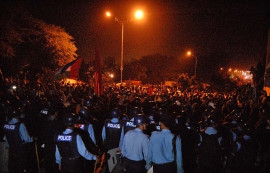

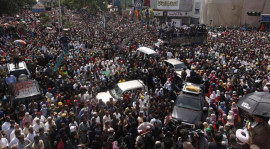
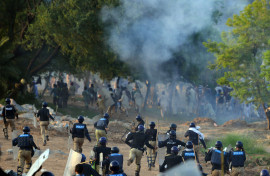
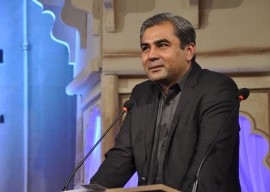


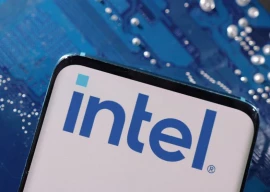

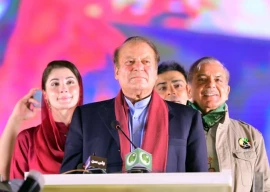











1714024018-0/ModiLara-(1)1714024018-0-270x192.webp)









And the Nandipur plant was completed before the Dharnas and we all know how efficiently it is contributing the electricity to the national grid? Moreover, Chinese President episode was a clear cut drama which is now exposed. Moreover, what was Nawaz government doing in the past 2.5 decades? They do what they want to do and the Metro Project is a case in point. They spent all the energies to complete it. They paid 4.5 billion USD to IPP in a record one month of their government coming into existence. Lastly, no one in this country ever harmed the interests of multinationals. Did any party in government played any role against any foreign investor? No. So stop blaming IK for everything.
Clear message must be read by the government is its inability to deal with crisis. Claims of heavy mandate and good governance sound so hollow when it comes to actions.
Looks like all the work and deals in Pakistan were supposed to be done last month. What a joke. This refinery project has been on the back burner for past 7 years. Now blame everything on the dharna. Lame.